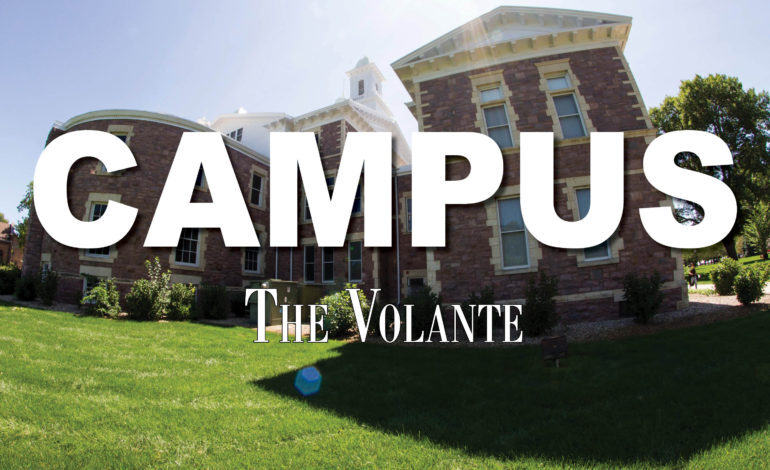
SGA hears student concerns about CDC, requests formal plans for the Opportunity Center
The Student Government Association (SGA) heard concerns from students involved in Spectrum about the Opportunity Center at Tuesday’s meeting. SGA also passed Senate Bill 68, Senate Resolution Eight and Senate Resolution 11 as an emergency resolution. SGA introduced Senate Resolutions 10 and tabled Senate Resolution Nine.
Isabel Young, the president of Spectrum, expressed concerns about whether the organization she leads would still have a protected space without the Center for Diversity and Community (CDC). Young said people from her group have experienced forms of harassment before, and she is concerned that a multicultural center would not protect people who identify as part of the LGBTQ community.
“I think that with the creation of a multiethnic center they do not have a plan at all to make sure that students, especially LGBT+ students, aren’t on the receiving end of harassment,” Young said. “It hasn’t happened specifically at the CDC, but I have had recently people saying that as they’re walking home, they’ve had people yell slurs at them.”
Sen. Rachel Overstreet asked Young if having senators walk with Spectrum members for support would be helpful, and Sen. Katherine Conzet asked if Young would like SGA to implement a policy to address these issues.
Ally Feiner, the president of SGA, said in her report that the CDC would be replaced with a multicultural center and that center would still welcome Spectrum.
“They will 100% be included in that center,” Feiner said.
Sen. Ryan Conover said Young and other concerned students should stay in contact with their senators to address these issues.
“Me and quite a few other senators are very concerned about not only how Spectrum going to be affected, but the entire CDC as a whole with the implementation of the (multicultural) center,” Conover said. “We would love for you to be able and us to be able to take time to actually create solutions that work on campus.”
Feiner said in her report that the chair and executive director of the Student Federation resigned last week. This follows SGA passing Senate Resolution Seven, A Resolution of No Confidence of the Student Federation of South Dakota. Feiner said there would be elections Oct. 28 at 8:30 p.m. to elect a new chair and executive director.
“You don’t have to be on senate to run, any student can run,” Feiner said. “You just have to follow the regental system and be taking six credit hours.”
SGA also passed Senate Bill 68, which recodified SGA awards.
Senate Resolution Eight, which changed the requirements of student organization leaders to attend organizational development workshops for this academic year, was passed unanimously.
Senate Resolution Nine, a resolution opposing the creation of the Opportunity Center, was tabled, and Senate Resolution 11 was brought up. SGA passed Senate Resolution 11 as an emergency resolution, A Resolution Urging the University of South Dakota to Produce A Formal Plan For Opportunity Centers.
Chair of Student Affairs Carter Linke introduced the resolution. Linke said the resolution would require the university to announce a plan on how the Opportunity Center will be implemented by Nov. 24.
“There is no concrete plan to talk about anything with the Opportunity Center, and this is going to be a pretty big change that’s going to be happening on Jan. 1,” Linke said. “It’s really hard for us to make decisions on what we support and what we don’t when we don’t know what is happening.”
SGA introduced Senate Resolution 10 during this meeting. The resolution would encourage the Senate to support the university implementing a syllabus bank, which would be a way for students to see the syllabus of the class before signing up for the class. The resolution was sent back to committee.


